MILITARY BASE & DOD
SummitWest has supporting federal projects since 2008, beginning with rare plant surveys and wetland delineations on Camp Pendleton in San Diego County, CA. SummitWest team members have worked on numerous federal projects since 2008, including California Border Patrol, various military installations, and performed large scale surveys on United States National Forest (USFS) land (see Federal: USFS). Our team is well versed in obtaining the necessary clearances for military work as well as potential delays, access issues and communications protocols.
For United States Forest Service (USFS) and Bureau of Land Management (BLM) Sectors, please view this page.
DEPARTMENT OF DEFENCE (DOD) EXPERIENCE
SummitWest began its first federal work on Marine Corps Base Camp Pendleton in 2008, where Chez joined several botanical surveys, including a base-wide vernal pool floristic inventory and rare plant surveys alongside Jon Rebman of the San Diego Natural History Museum. This work quickly translated into protocol surveys for the endangered Brodiaea filifolia plant.
Since 2008, SummitWest and its team have performed numerous surveys on Camp Pendleton as well as other military bases such as MOTCO, Miramar, Camp Michael Monsoor and Warner Springs. Our work has spanned quino checkerspot butterfly and endangered fairy shrimp surveys to rare plant surveys, habitat mapping and wildlife surveys.
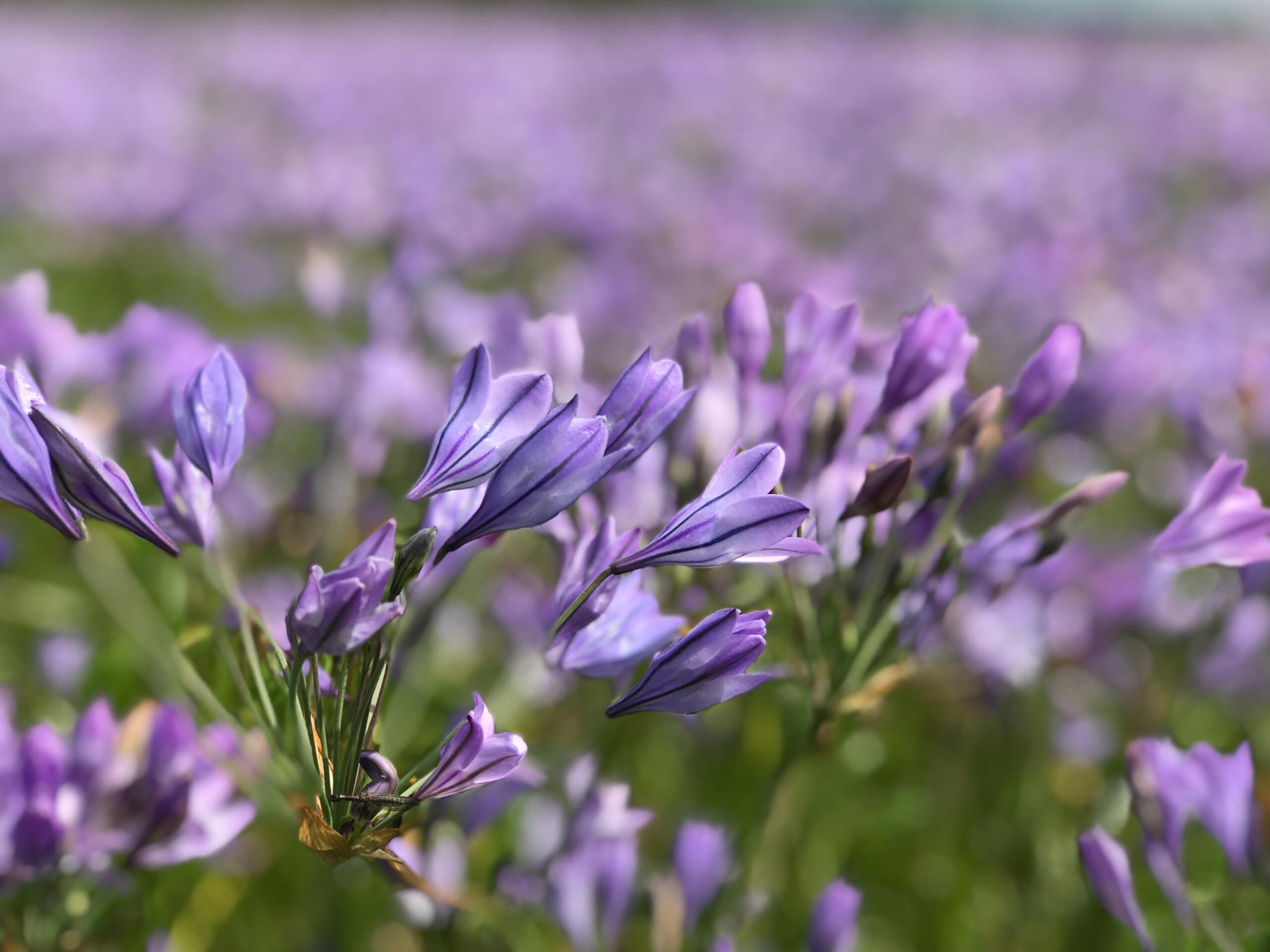
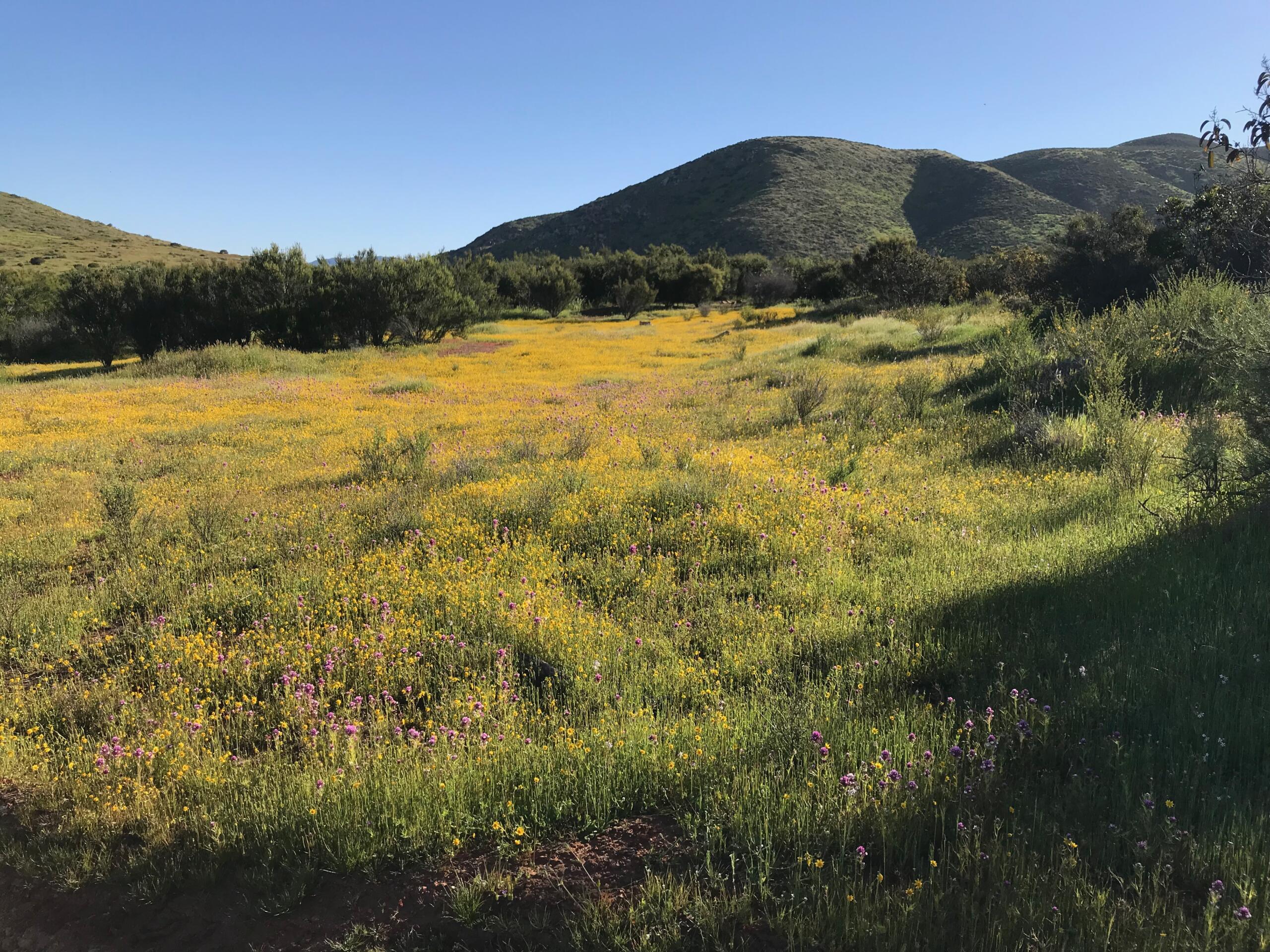
OTHER FEDERAL EXPERIENCE
UNITED STATES FOREST SERVICE
The SummitWest team has also participated in thousands of hours of surveys on USFS land, including rare plant surveys, post-burn plant inventories and endangered species surveys. See projects and read more here.
UNITED STATES CUSTOMS & BORDER PROTECTION (CBP)
The SummitWest team has also participated in thousands of hours of surveys on USFS land, including rare plant surveys, post-burn plant inventories and endangered species surveys.
SummitWest has performed field surveys and reporting for BLM projects in California and Idaho. Read more here.
REPRESENTATIVE PROJECTS

MILITARY OCEAN TERMINAL CONCORD RARE & INVASIVE PLANT SURVEYS
2019. Concord, California
SummitWest provided a lead botanist for 7,000+-acres of rare plant surveys and invasive plant species mapping at Military Ocean Terminal Concord (MOTCO) located in the Bay Area of northern California.
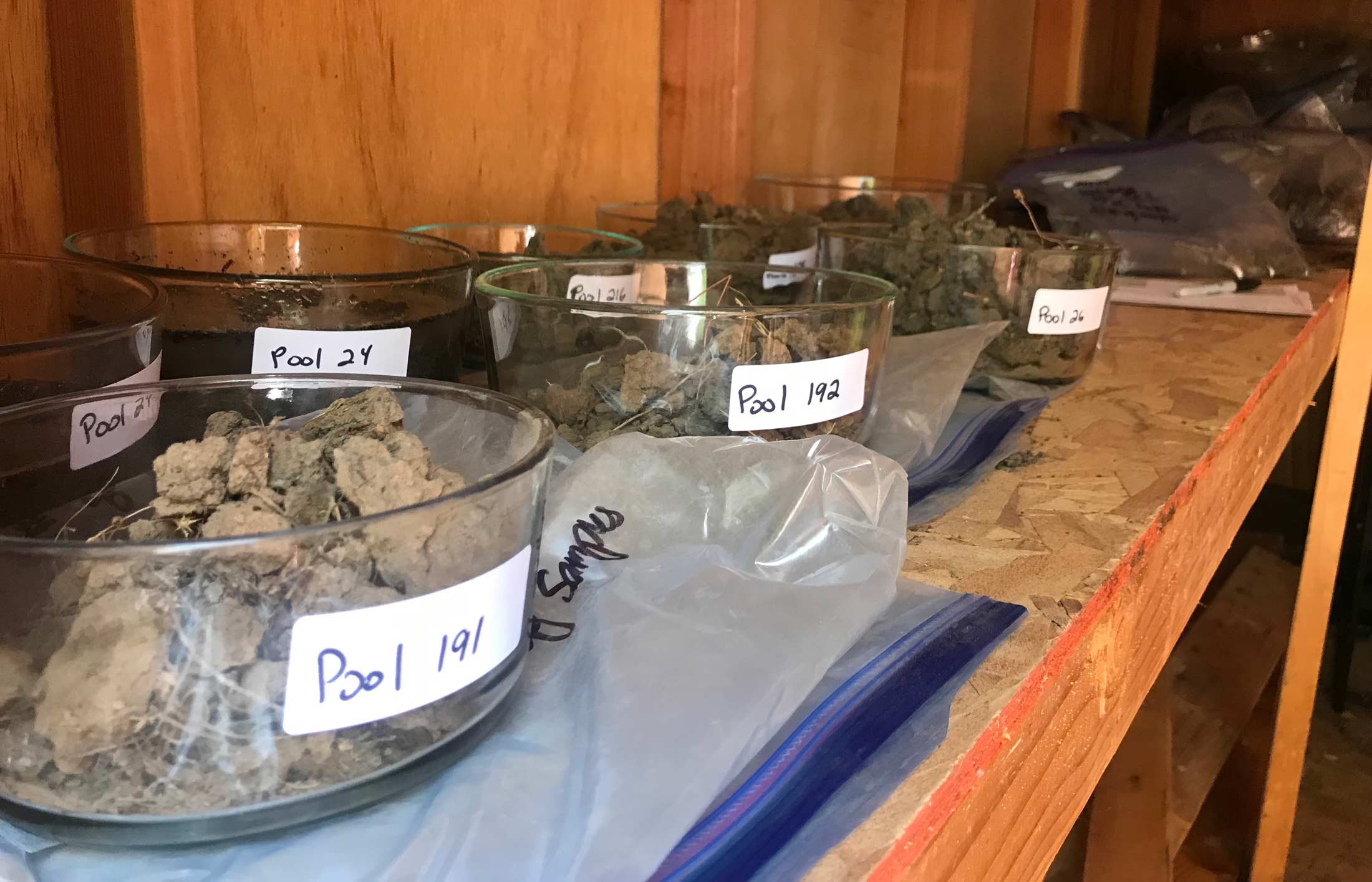
MILITARY OCEAN TERMINAL CONCORD (MOTCO) FAIRY SHRIMP DRY SEASON SURVEYS
2023, 2024. Concord, California
SummitWest permittee Chez Brungraber conducted dry season protocol surveys for vernal pool fairy shrimp and vernal pool tadpole shrimp at MOTCO, as requested by the U.S. Army Corps of Engineers, Sacramento District, and the Army Military Surface Deployment and Distribution Command. These surveys, performed in compliance with the MOTCO Integrated Natural Resources Management Plan (INRMP) and applicable federal regulations, included 22 pools in 2023 and 19 pools in 2024. Target species included vernal pool tadpole shrimp (Lepidurus packardi) and vernal pool fairy shrimp (Branchinecta lynchi).
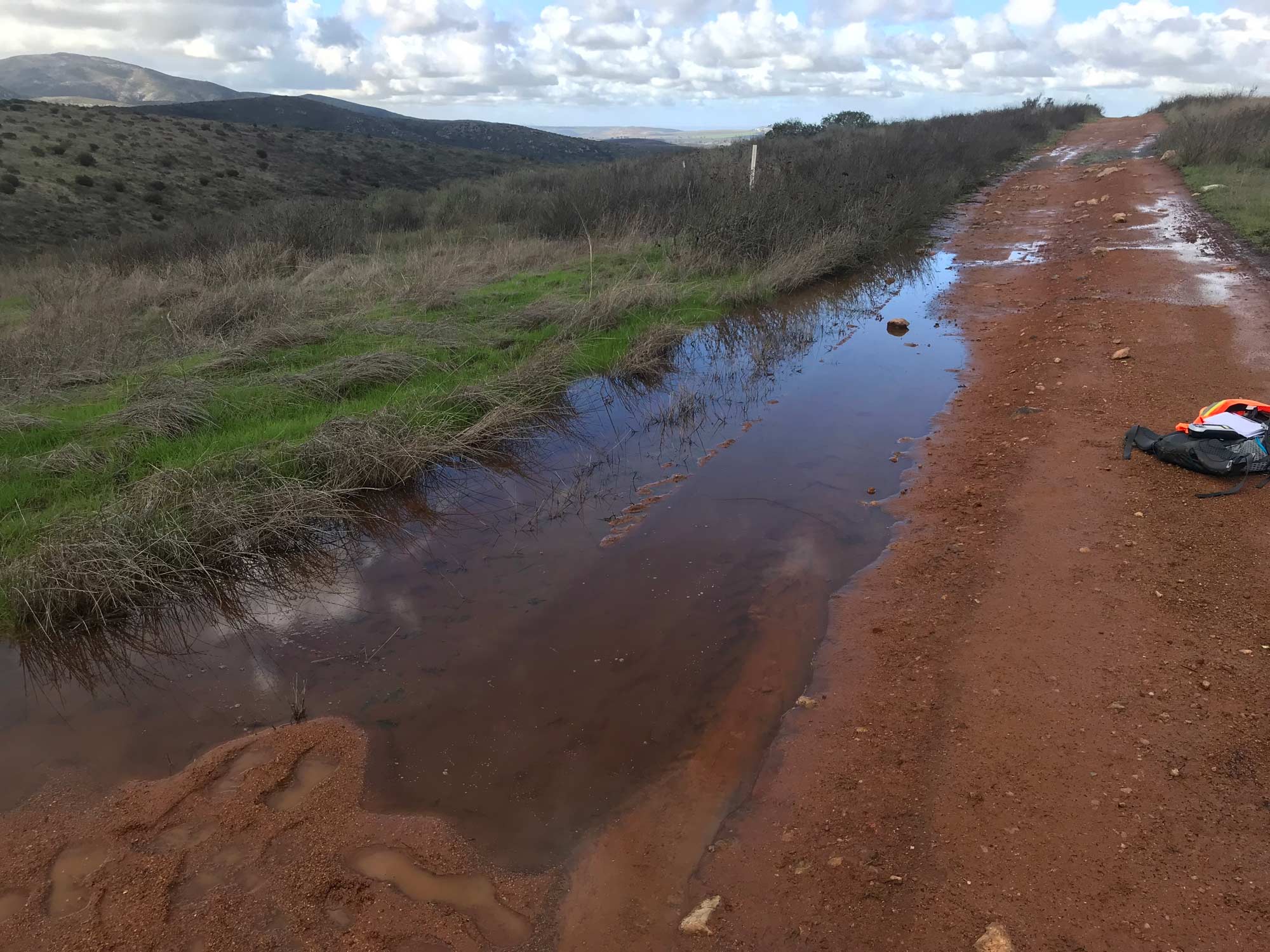
DRY SAMPLING FOR LISTED FAIRY SHRIMP, MURPHY CANYON AND CHOLLAS HEIGHTS HOUSING AREAS, NAVAL BASE SAN DIEGO, NAVAL FACILITIES ENGINEERING SYSTEMS COMMAND (NAVFAC)
2021, 2022 and 2023. San Diego, California
In years 2021, 2022 and 2023, SummitWest permitee Chez Brungraber processed and cultured soil samples from numerous vernal pools from Naval Facilities Engineering Systems Command (NAVFAC) Southwest within natural areas at the Murphy Canyon and Chollas Heights housing areas, and Eucalyptus Ridge housing areas on Naval Base San Dieg in compliance with the existing Commander Navy Region Southwest (CNRSW) Housing Areas Biological Opinion (BO). The work focused on detecting and identifying fairy shrimp cysts of species from dry season samples collected during the 2022/2023 season and raising found Branchinecta cysts to adulthood for identification purposes. This project supported MCBCP’s conservation objectives for listed fairy shrimp species while maintaining training capabilities and aligns with the VP FS Plan and anticipated 2023 USFWS Biological Opinion. Target species were San Diego fairy shrimp (Branchinecta sandiegonensis) and Riverside fairy shrimp (Streptocephalus woottoni). 30 pools were sampled in 2023, 67 in 2022, and 31 in 2021.
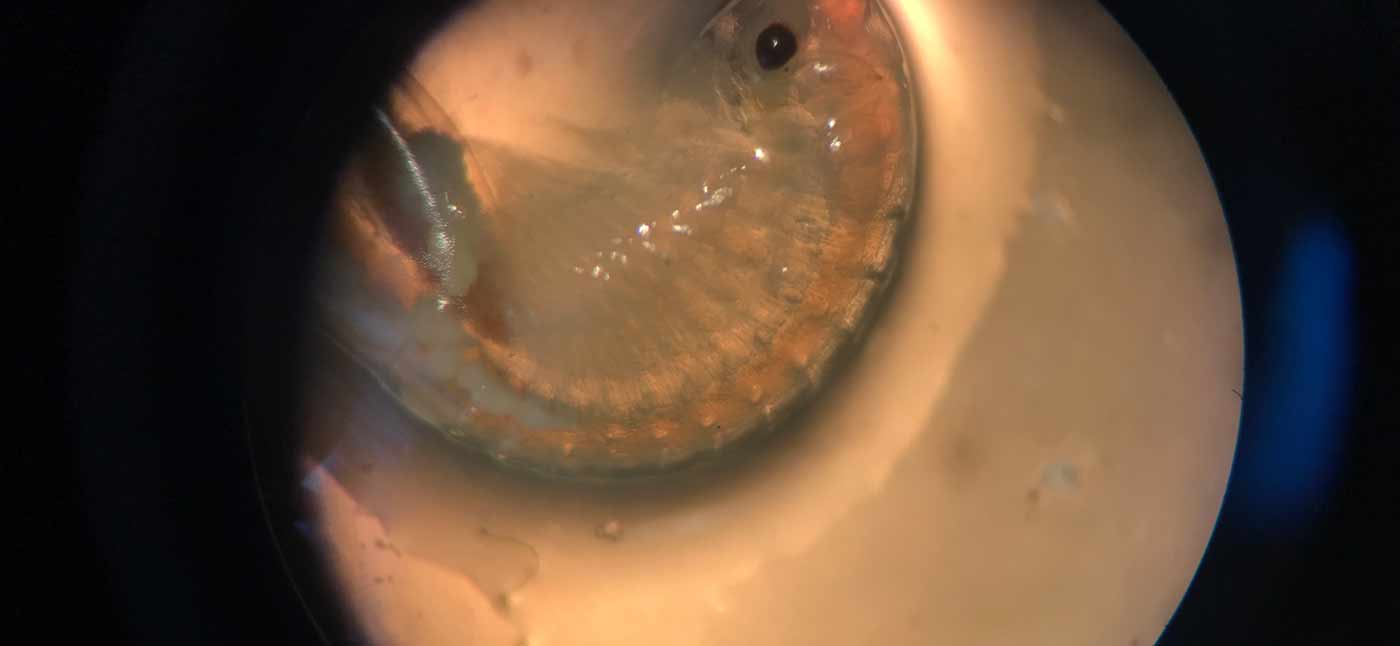
DRY SAMPLING FOR LISTED FAIRY SHRIMP, MARINE CORPS BASE CAMP PENDLETON (MCBCP)
2021, 2023 and 2024. San Diego, California
In summer of years 2021, 2023 and 2024, SummitWest permittee Chez Brungraber processed and cultured soil samples from numerous vernal pools from MCBCP as part of Fairy Shrimp Monitoring for Environmental Security, Uplands Section. The work focused on detecting and identifying fairy shrimp cysts of species from dry season samples collected during the 2022/2023 season and raising found Branchinecta cysts to adulthood for identification purposes. This project supported MCBCP’s conservation objectives for listed fairy shrimp species while maintaining training capabilities the 2023 USFWS Biological Opinion. Target species were San Diego fairy shrimp (Branchinecta sandiegonensis) and Riverside fairy shrimp (Streptocephalus woottoni).
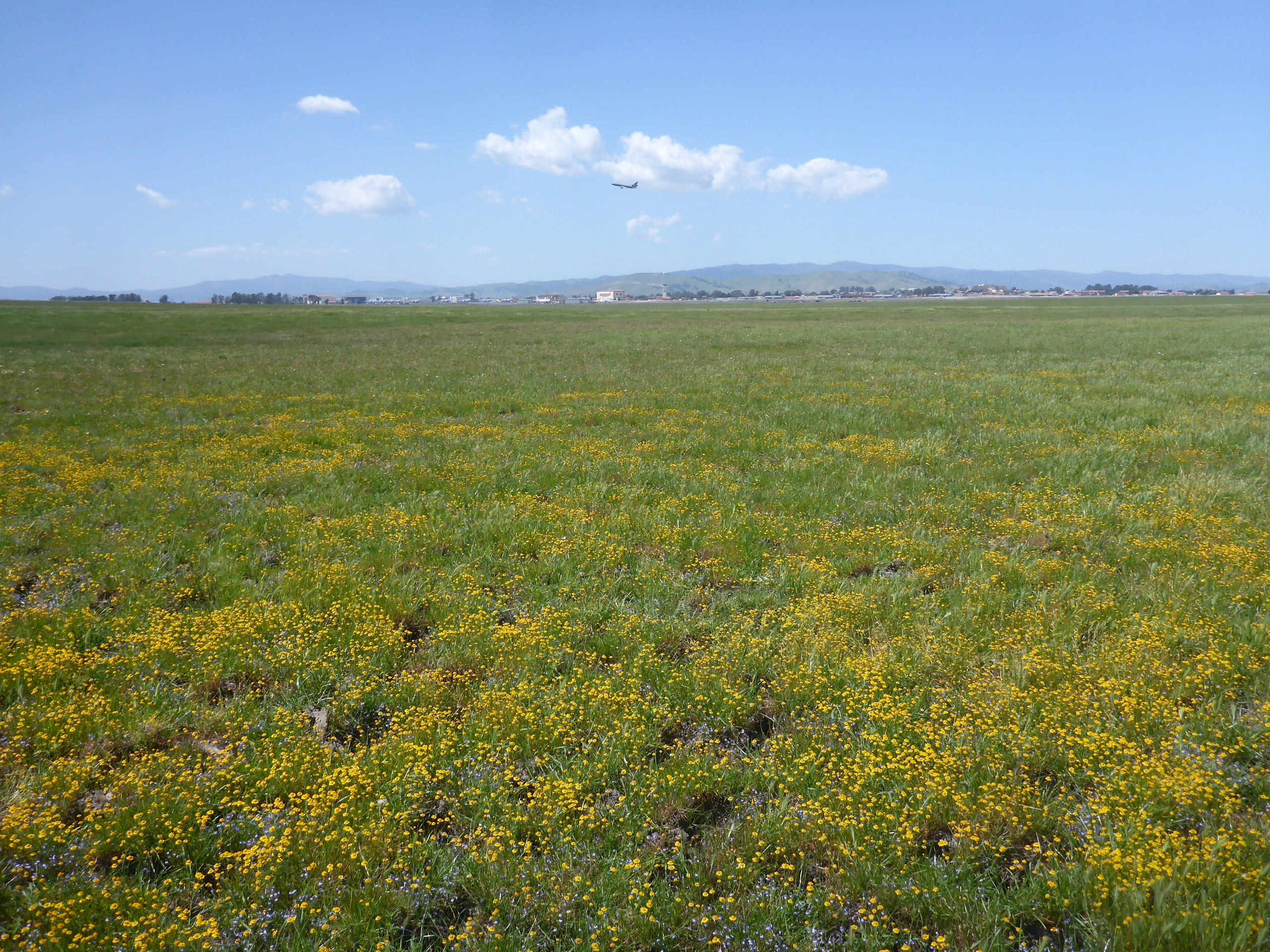
WILCOX RANCH FAIRY SHRIMP SURVEYS DRY SEASON CULTURING AND PROCESSING
2020, Solano County, CA
SummitWest provided dry season fairy shrimp services to Vollmar Natural Lands Consulting for 288-acres of Wilcox Ranch in Solano County, CA on behalf of the Travis Air Force Base, in order to document biological resources that may constrain activities and developments associated with Base operations. Work involved processing of soil samples and culturing of cysts for identification purposes.
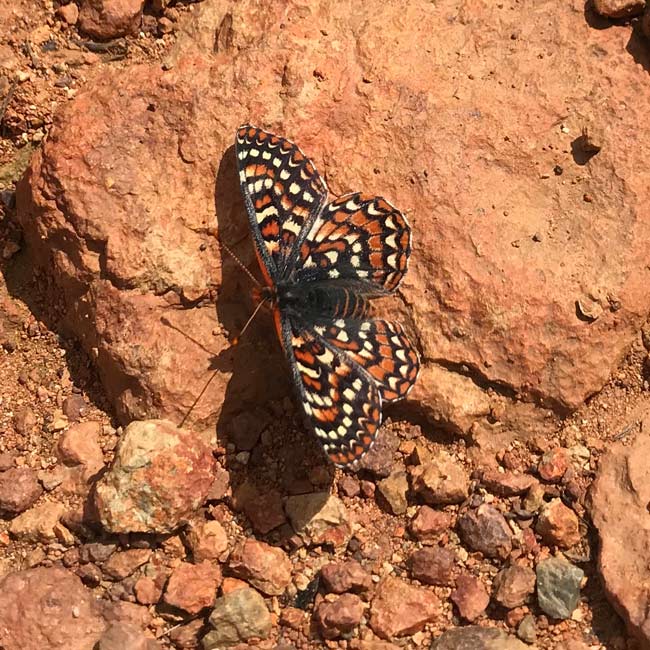
US CUSTOMS AND BORDER PROTECTION 1418 FIREBREAK ROAD IMPROVEMENT PROJECT ENDANGERED SPECIES SURVEYS
2019 – 2020. Otay, California
SummitWest performed protocol-level surveys for three separate endangered/threatened species along the 1418 Firebreak Road Improvement Project for use by the U.S. Customs and Border Patrol (CBP). Species included Quino checkerspot butterfly (Euphydryas editha quino), coastal California gnatcatcher (Polioptila californica californica) and listed vernal pool branchiopods including the San Diego fairy shrimp (Branchinecta sandiegonensis) and Riverside fairy shrimp (Streptocephalus woottoni), performing both wet and dry season sampling (including processing and rearing shrimp from cysts).
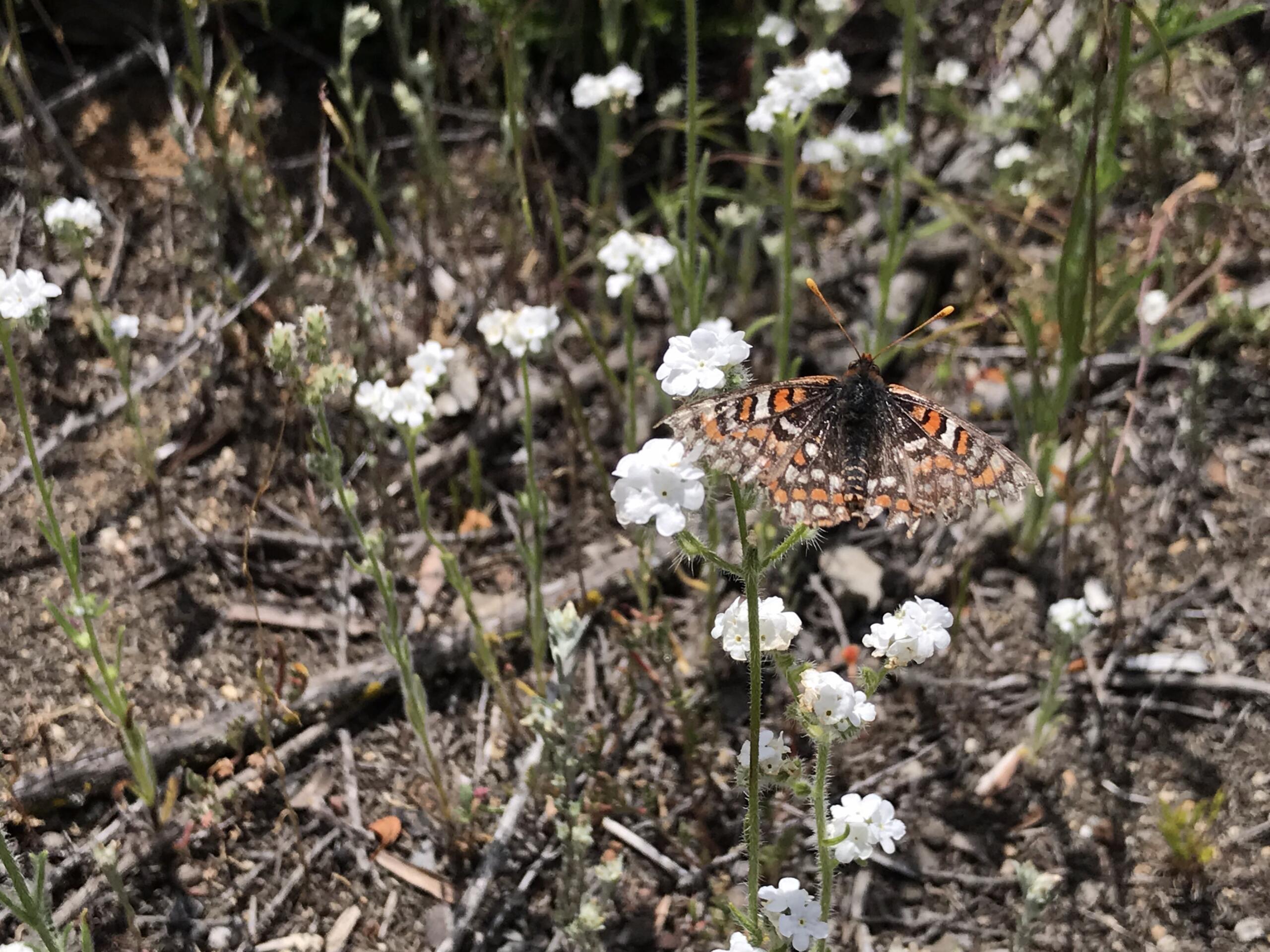
US CUSTOMS AND BORDER PROTECTION, QUINO CHECKERSPOT PROTOCOL SURVEYS FOR THE CABLE AND ROPE ROADS IMPROVEMENT PROJECT
2019. Campo, San Diego County, California
SummitWest Environmental, Inc. (SummitWest) on behalf of Bio-Studies, for the U.S Customs and Border Protection (CBP), to conduct protocol level surveys and to prepare a report regarding the status of the Quino on a 73.02-acre portion of land that is currently used as two access roads, and may be enhanced for CBP future use, known as Cable and Rope Roads Improvement. The survey area is 3.11 miles in length with a 100’ survey buffer on either side of the centerline of the road.. Both run roughly from south/north, from Highway 94 to the United States/Mexico international border fence and patrol road.
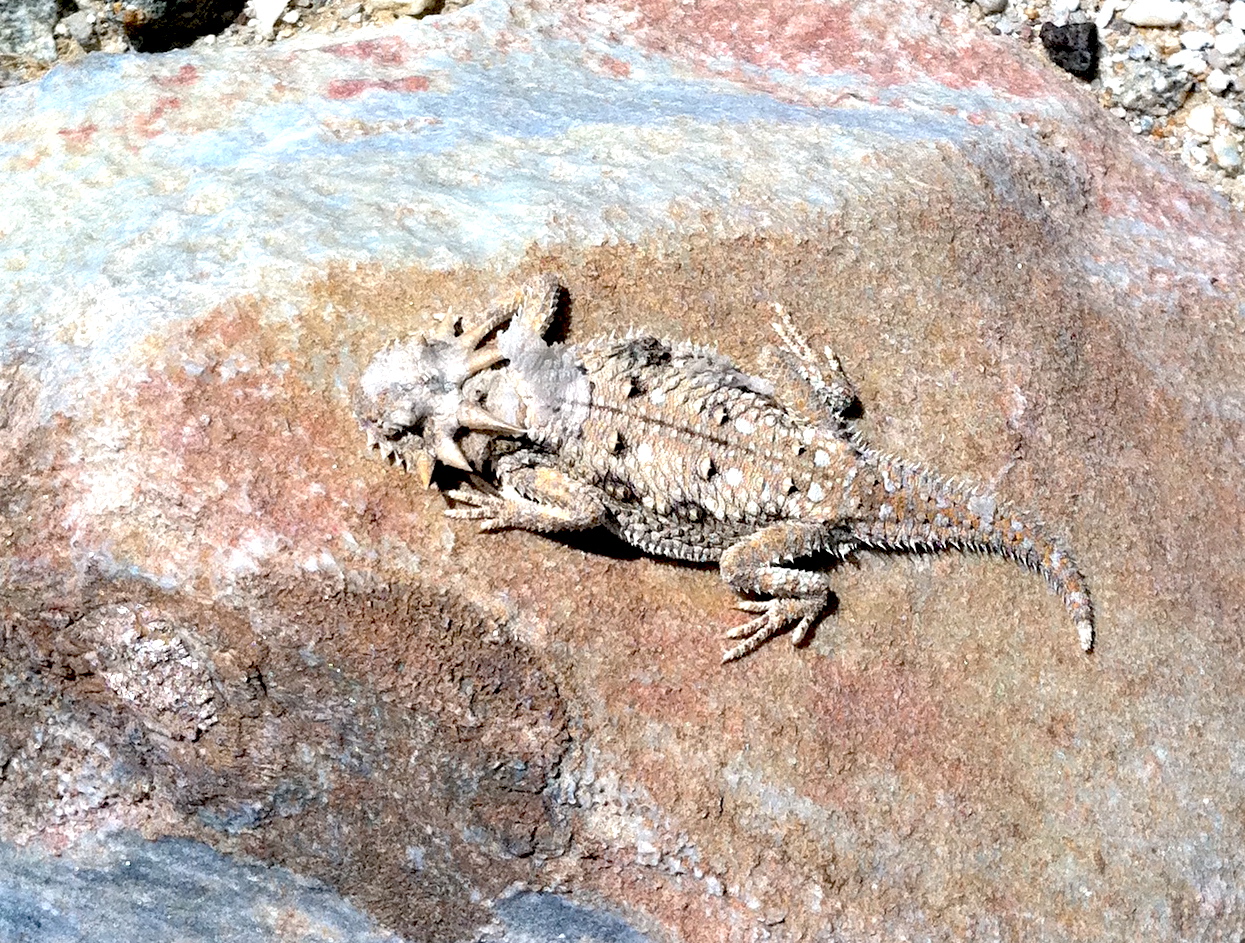
DEPARTMENT OF HOMELAND SECURITY, BIOLOGICAL RESOURCES MONITORING, ALL WEATHER ROAD IMPROVEMENTS,
2016 & 2017. El Centro, California
SummitWest provided natural resources monitoring to firm WRA for the improvement of approximately 1.6 miles of 24 foot wide all-weather road and drainage structures along the U.S. / Mexico International Boundary west of Calexico in Imperial County, California. Resources included migratory birds, waters resources, and sensitive species, including flat-tailed horned lizard, western burrowing owl, kit fox and American badger. SummitWest also provided environmental training to construction crews and was responsible for ensuring compliance with Best Management Practices (BMPs) and project conditions established by U.S.Customs and Border Protection (CBP) in coordination with the Bureau of Land Management, the Colorado River Basin Regional Water Quality Control Board, the Imperial County Air Pollution Control District (APCD), and other stakeholders.
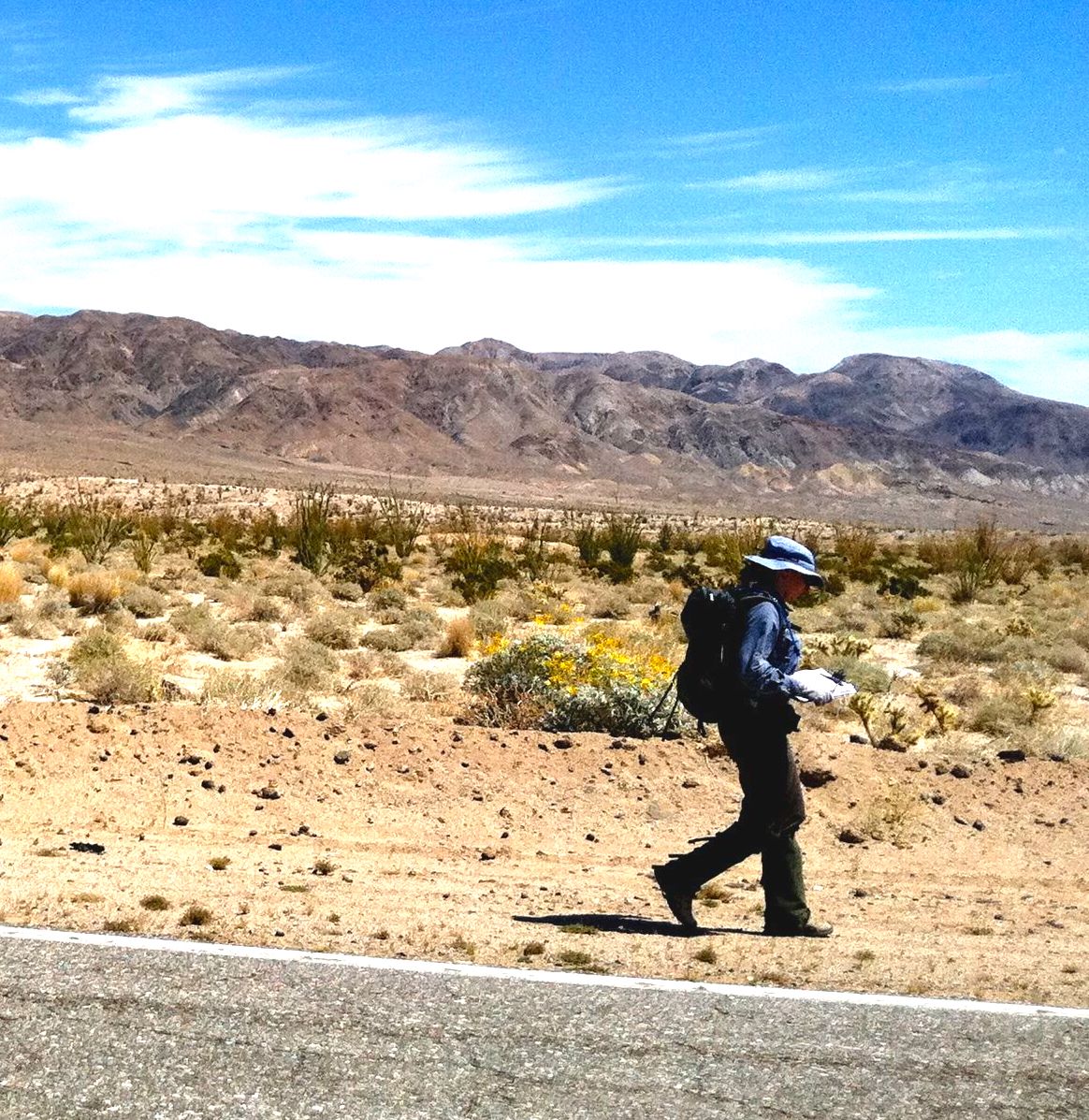
US CUSTOMS AND BORDER PROTECTION, JURISDICTIONAL DELINEATIONS AND GENERAL SURVEYS
2019. El Centro, California
SummitWest was contracted by Bio-Studies (San Diego, CA) to provide field staff for general habitat surveys, vegetation surveys and Waters of the US delineations along the U.S. Border near El Centro, CA for the Border Barriers and road grading work performed by US Customs and Border Protection. The project site was an approximately 60-foot wide corridor for 15 miles, situated west of Calexico, California. SummitWest staff mapped jurisdictional features and filled datasheets per standard protocol.
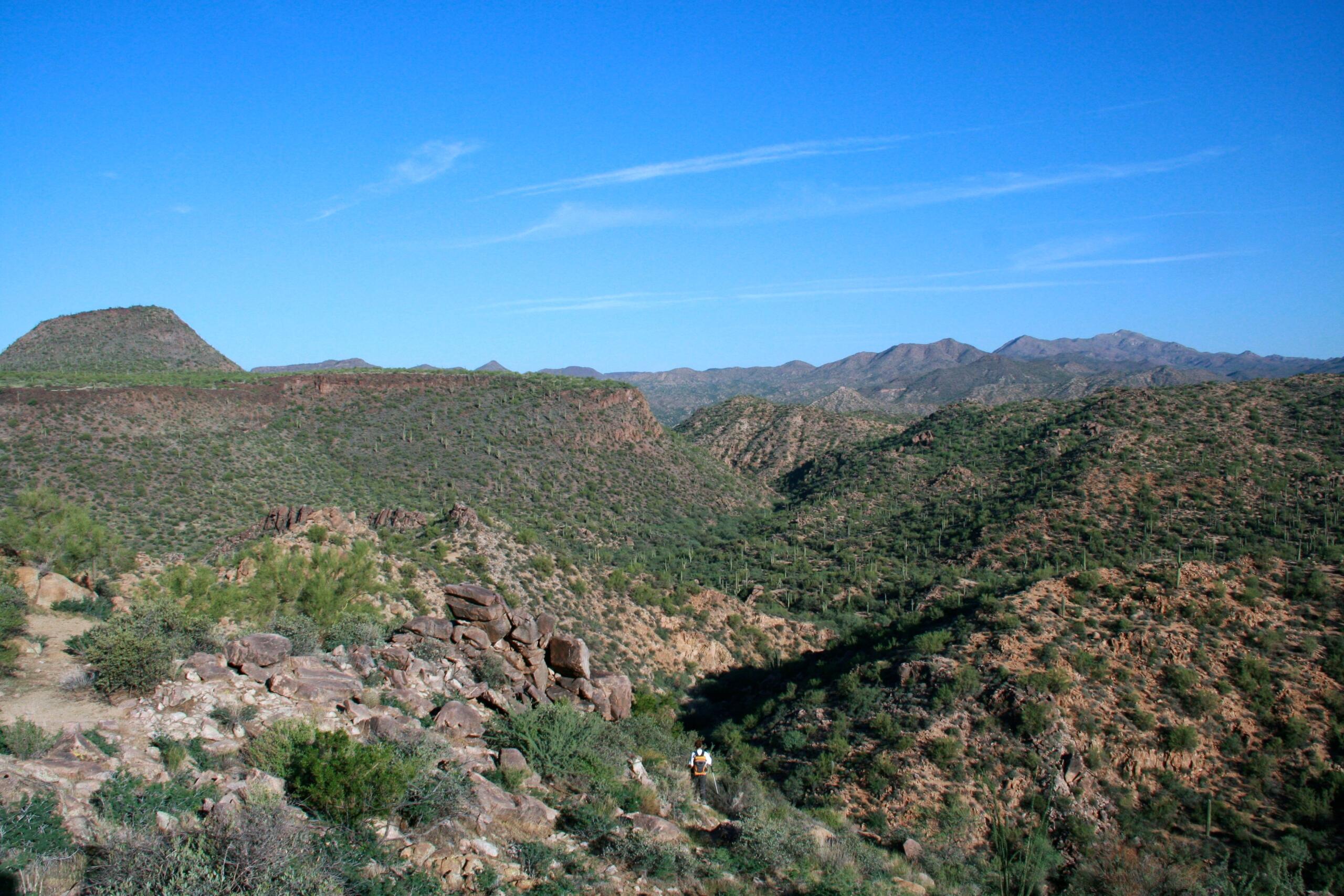
US CUSTOMS AND BORDER PROTECTION: HABITAT ASSESSMENTS
2019. Southern Arizona
Summit West Environmental Inc. supported Bio-Studies in conducting general habitat assessments for sensitive species and vegetation surveys along an approximately 60-foot wide US Customs and Border Protection (CBP) Fence corridor, along approximately 63 miles, in Southern Arizona. Deliverables included field maps showing the location of sensitive species habitats and vegetation communities. This project was part of the CBP replacement of old fencing with 30-foot bollards, where 123 miles of new barriers were installed in Arizona. Some work was through the Organ Pipe Cactus National Monument in Arizona.
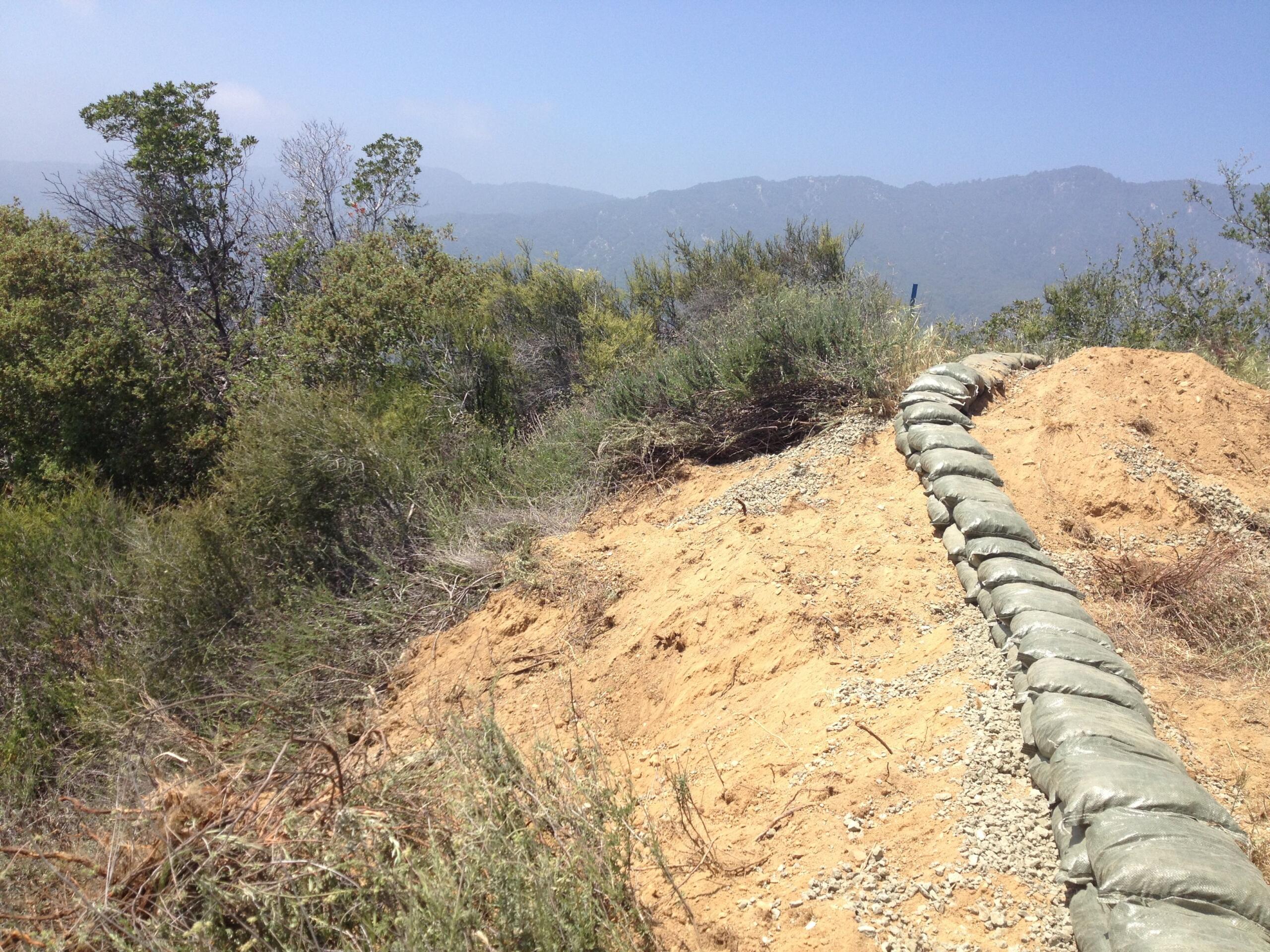
OTAY TRUCK TRAIL WEST, BIOLOGICAL MONITORING
2019. Otay, California
Summit West provided a BLM-authorized biological monitor to be onsite at all times during road maintenance in Otay, CA, to ensure vegetation and wildlife are avoided for the Otay Truck Trail West Project. Monitoring responsibilities included identifying and protecting, within the work limits, active bird nests that may be affected by the proposed work. Observations of birds, bird breeding/nesting behavior and bird nests, including burrowing owls, were documented and recorded. Active nests were flagged for avoidance with a suitable buffer zone. In addition, listed plant species, suitable habitat for arroyo toad (Anaxyrus californicus), San Diego fairy shrimp (Branchinecta sandiegonensis), and Quino checkerspot butterfly (Euphydryas editha quino), if found, were flagged for avoidance.
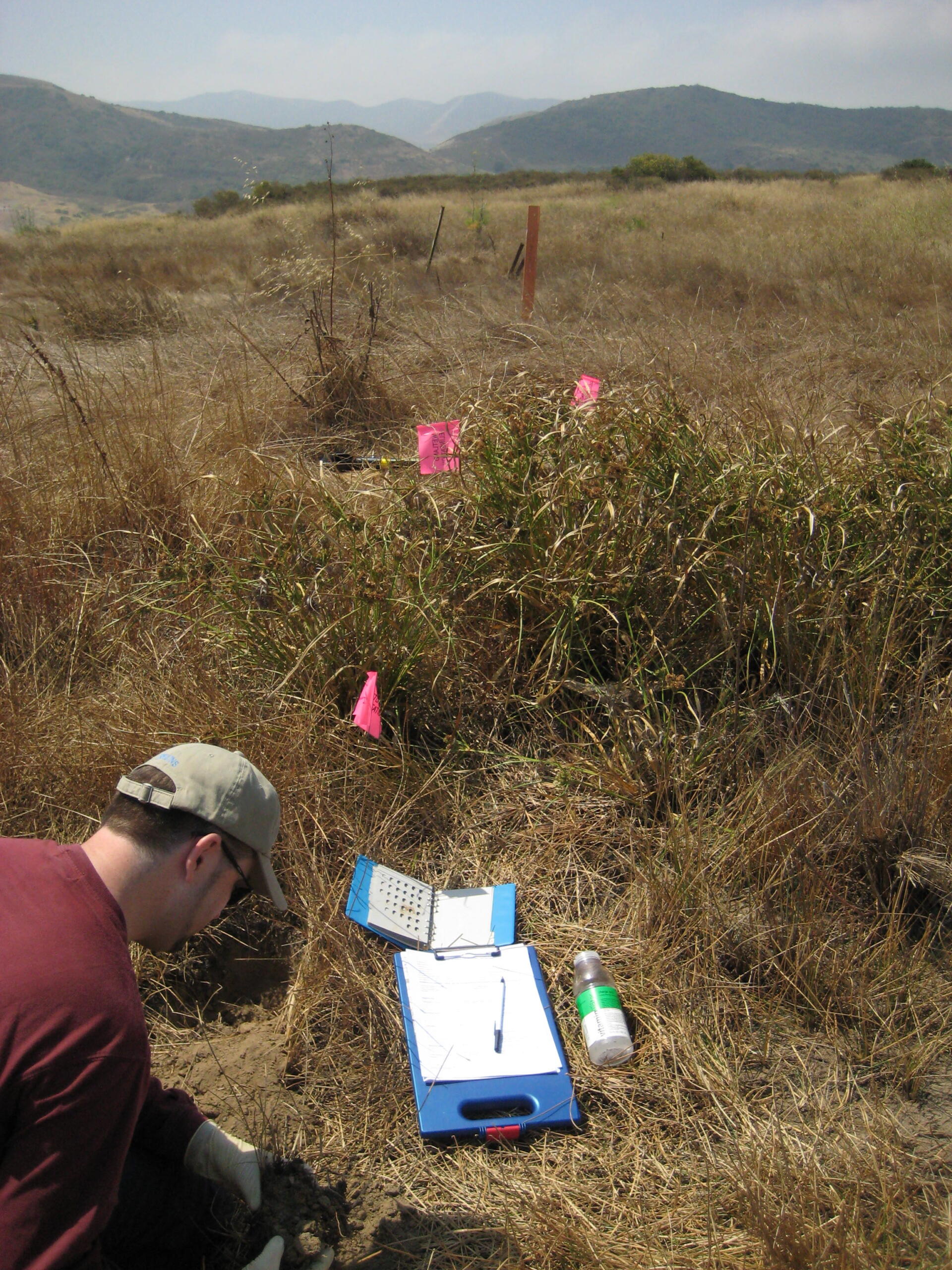
GROW THE FORCE INITIATIVE, BOTANIST, WETLAND DELINEATIONS, CAMP PENDLETON
2008. San Diego, California
Under Camp Pendleton’s initiative known as “Grow the Force”, an assessment of potential jurisdictional “Waters of the U.S” was conducted within 45 proposed permanent bed-down facilities. Formal delineations were conducted where warranted. Chez Brungraber assisted a wetland scientist as the lead botanist on these wetland delineations and site assessments. Over 50 sites were delineated, with almost half of them being completed solely by Mrs. Brungraber, who also helped compose data for, create tables for, and edit and write the corresponding Jurisdictional Delineation Report on behalf of AECOM. Habitats surveyed included vegetated wetlands (in the form of southern willow scrub wetland, coastal and valley freshwater marsh and other waters of the U.S. (in the form of drainage features and unvegetated waters).
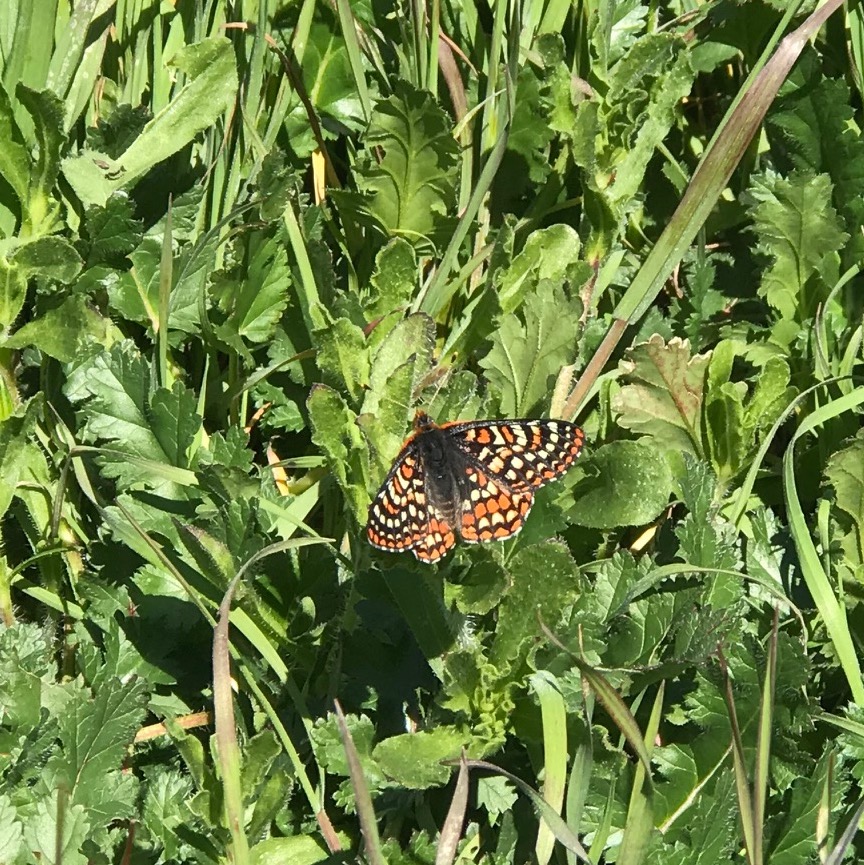
QUINO CHECKERSPOT BUTTERFLY SURVEYS AND BIOMONITORING AT REMOTE TRAINING SITE WARNER SPRINGS AND CAMP MICHAEL MONSOOR, NAVAL BASE CORONADO
2017 & 2018. San Diego County, California
SummitWest was retained by Vernadero Group to conduct protocol surveys for the Quino checkerspot butterfly and its host plants on Remote Training Site Warner Springs (RTSWS), Camp Michael Monsoor (CMM), and at Clover Flat and San Diego Mountain Ranch (2018 only), a Readiness and Environmental Protection Integration property for Camp Michael Monsoor. Surveys followed the most current U.S. Fish and Wildlife Service (USFWS) survey protocol. Approximately 600 acres of suitable habitat on RTSWS and CMM were surveyed for quino and host plants, as well as portions of the 5,555 acre Clover Flat area. SummitWest Environmental provided a permitted biologist to support quino surveys at all three locations as well as a biomonitor with an Endangered Species Act 10(a)(1)(A) permit for QCB to support monitoring of fuel management activities on RTSWS and CMM as needed during the flight season.
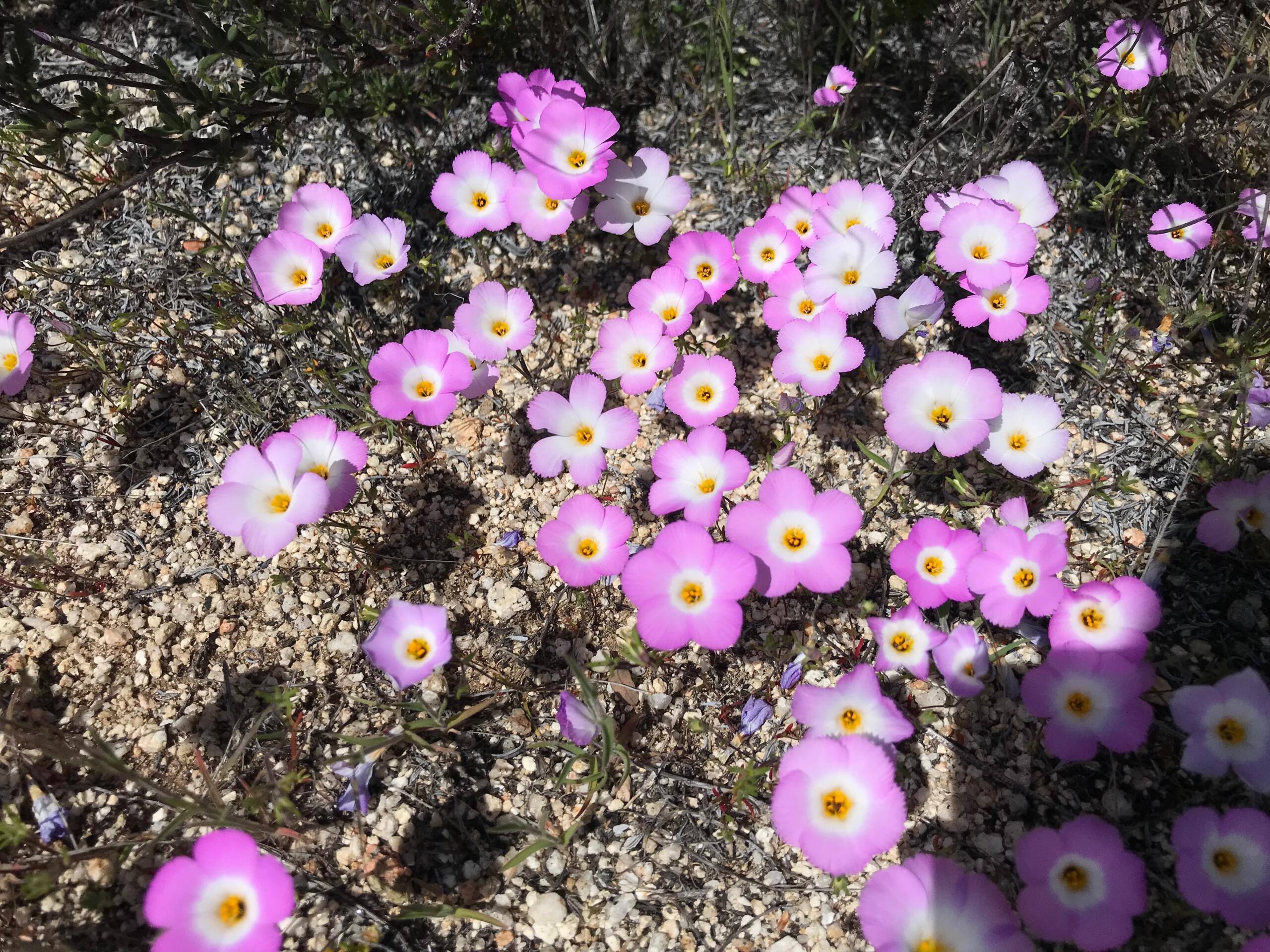
BIOLOGICAL MONITORING AND HABITAT MITIGATION, MILCON P637, MARINE CORPS BASE CAMP PENDLETON
2018. San Diego, California
The P637 project on Marine Corps Base Camp Pendleton (MCBCP) involved constructing a modernized, approx 116-acre, live-fire range facility to provide realistic training opportunities and accommodate the requirements of modern weapons, weapon systems, and current tactics, techniques, and procedures. The project also included the construction of a bridge over San Mateo Creek to provide all-weather vehicle access to the new live-fire range facility. P637 is analyzed in the project’s Environmental Assessment, Biological Assessment, U.S. Fish and Wildlife Service Biological Opinion No. FWS-MCBCP-08B0581-08F0696-R002, National Marine Fisheries Service Section 7 concurrence letter, and Clean Water Act permits. SummitWest was retained by Vernadero Group to ensure the construction contractor met the conservation requirements of these regulatory documents.
SummitWest provided biological monitoring of construction activities and mitigation site maintenance activities associated with the installation and maintenance of an arroyo toad exclusion fence at the P637 project area. SummitWest staff assisted with the installation of silt fence, sandbag fence, and toad flaps. SummitWest will support hand digging of trenches for toad flap installation, backfilling along the buried fence, staking the exclusionary fence, and building fence components. SummitWest staff obtained their own security clearance documents (RapidGate Pass) to access Marine Corps Base Camp Pendleton.
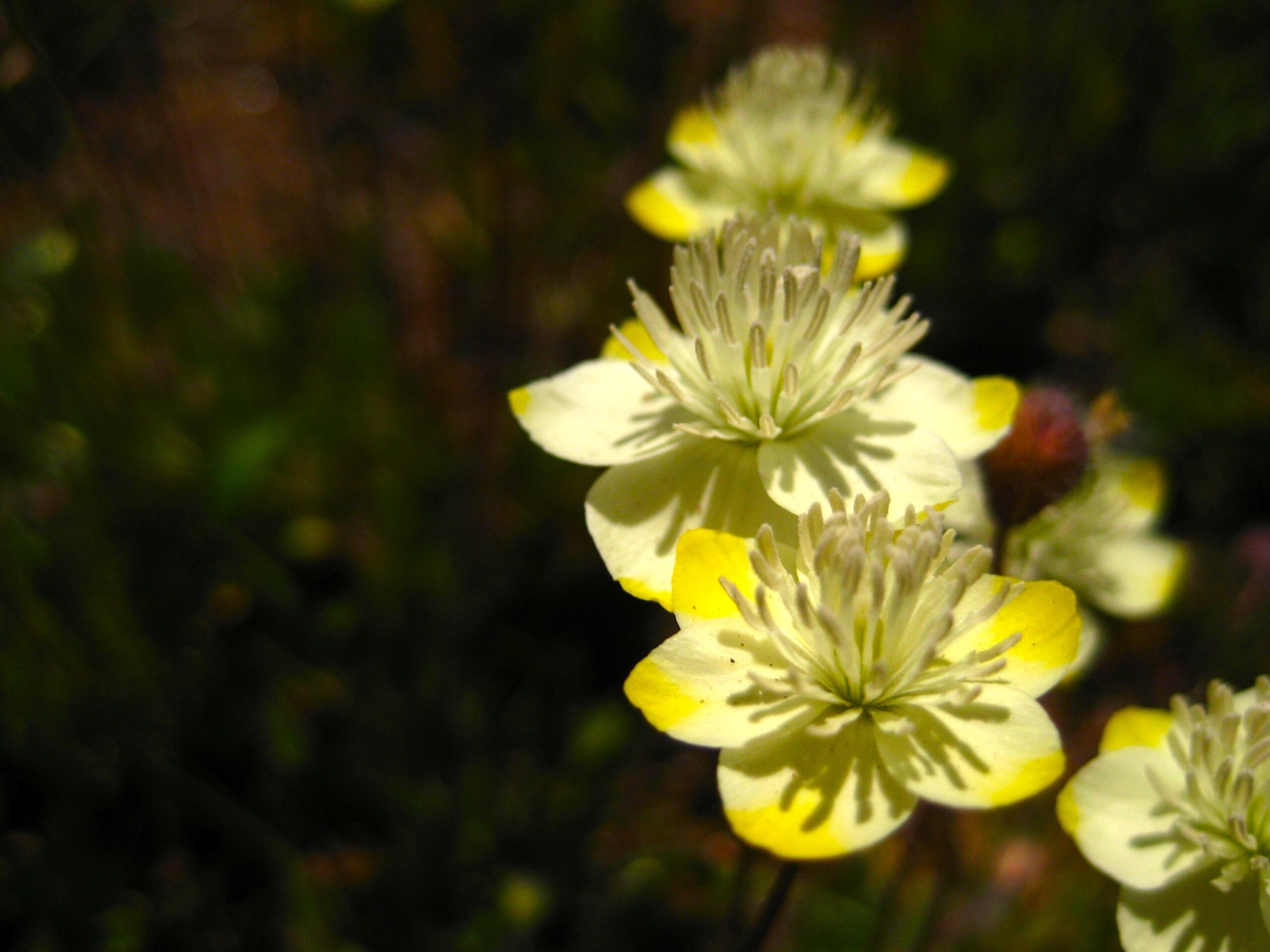
MARINE CORPS BASE CAMP PENDLETON, RARE PLANT SURVEYS
2019 & 2021. San Diego, California
SummitWest provided a lead botanist and several support botanists for rare plant surveys and vegetation mapping for Vernadero Group under a task order issued by Naval Facilities Engineering Command Southwest at Marine Corps Base Camp Pendleton during late winter and spring. This work fell under the Thread-Leaved Brodiaea & Rare Plant Management Plans: Sustainability & Threat Monitoring Work Plan. SummitWest provided experienced surveyors for federally threatened plant Brodiaea filifolia (thread-leaved Brodiaea) as well as general riparian vegetation surveys and other rare plant surveys. In 2021, SummitWest staff provided biological monitoring services for thread-leaved Brodiaea. This includes monitoring for three federal listed species, and two other rare species throughout MCBCP. SummitWest Environmental may aid Vernadero in all aspects of the field effort, including linear and belt transect installation; quadrat-based data collection procedures; follow detailed inventory and mapping procedures for thread-leaved brodiaea; age-class, and phenophase monitoring for five species; general rare plant mapping; range regulation monitoring; threats assessments, invasive plant mapping; and tracking of newly established populations.
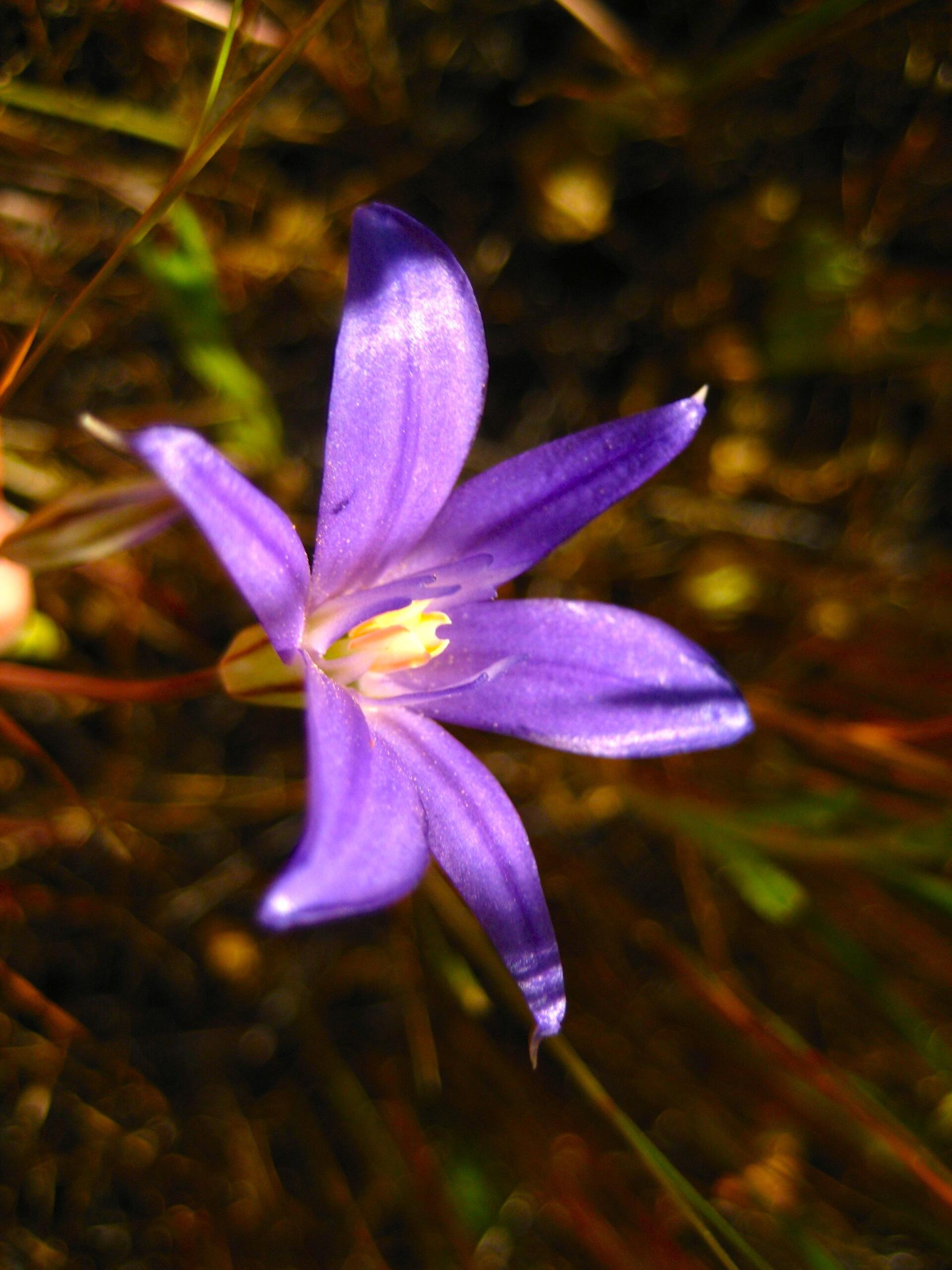
MARINE CORPS BASE CAMP PENDLETON, BRODIAEA STUDY
2009. San Diego, California
Chez Brungraber was retained by TetraTech in 2009 to be a team field lead on Brodiaea filifolia (thread-leaved Brodieae) studies on Camp Pendleton. This study covered numerous training areas of Camp Pendleton and followed protocol-level survey requirements.
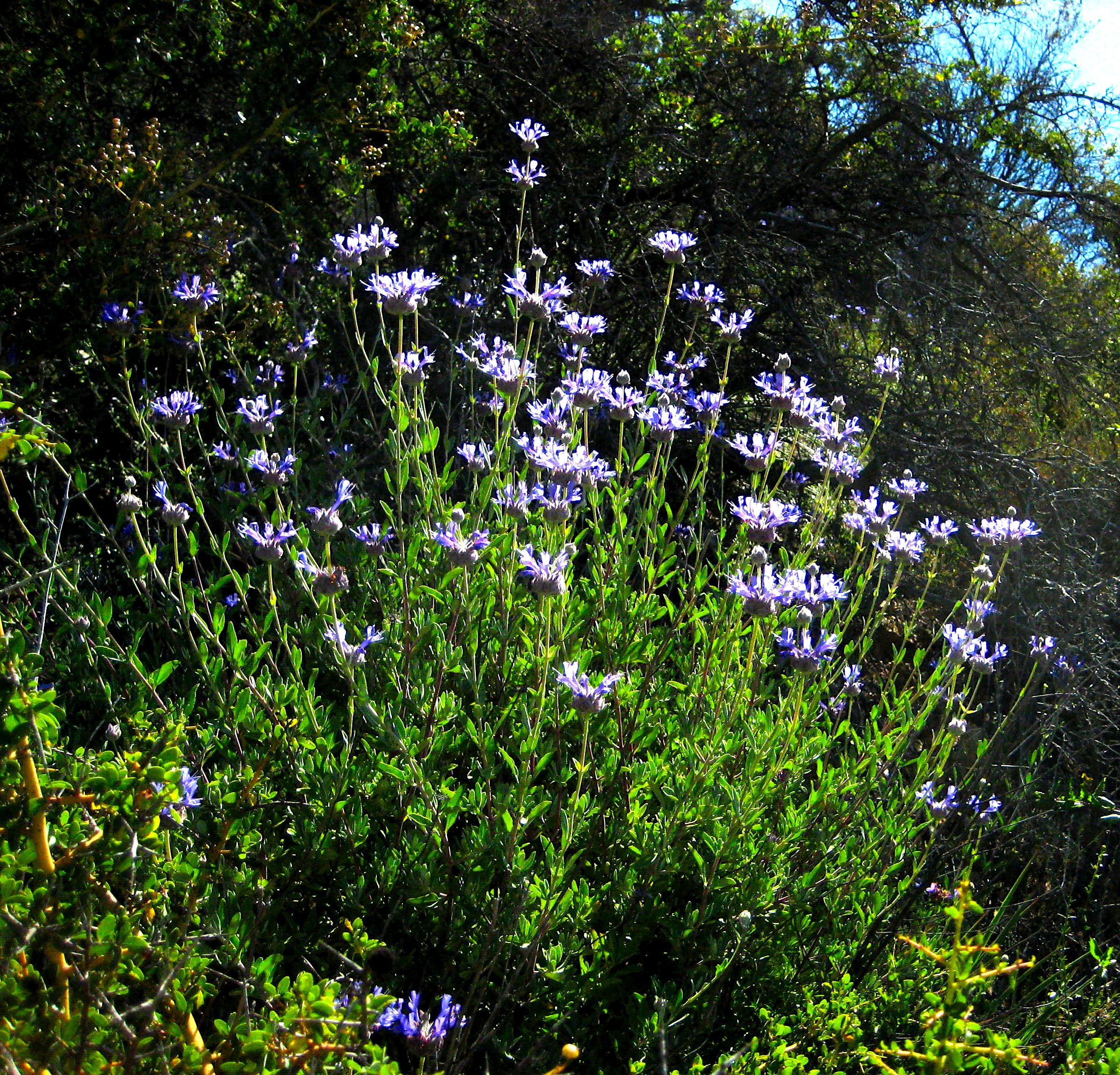
MARINE CORPS BASE CAMP PENDLETON, RARE PLANTS FIRE RESPONSE SURVEY
2009. San Diego, California
Chez Brungraber was retained by TetraTech in 2009 to be a team field lead on rare plant surveys on Camp Pendleton. This study was a post-fire ecological assessment conducted following a wildfire in the Herno Training Area of Camp Pendleton. The survey area covered over 500 acres and required driving of fire-breaks, canyons and hill hiking.
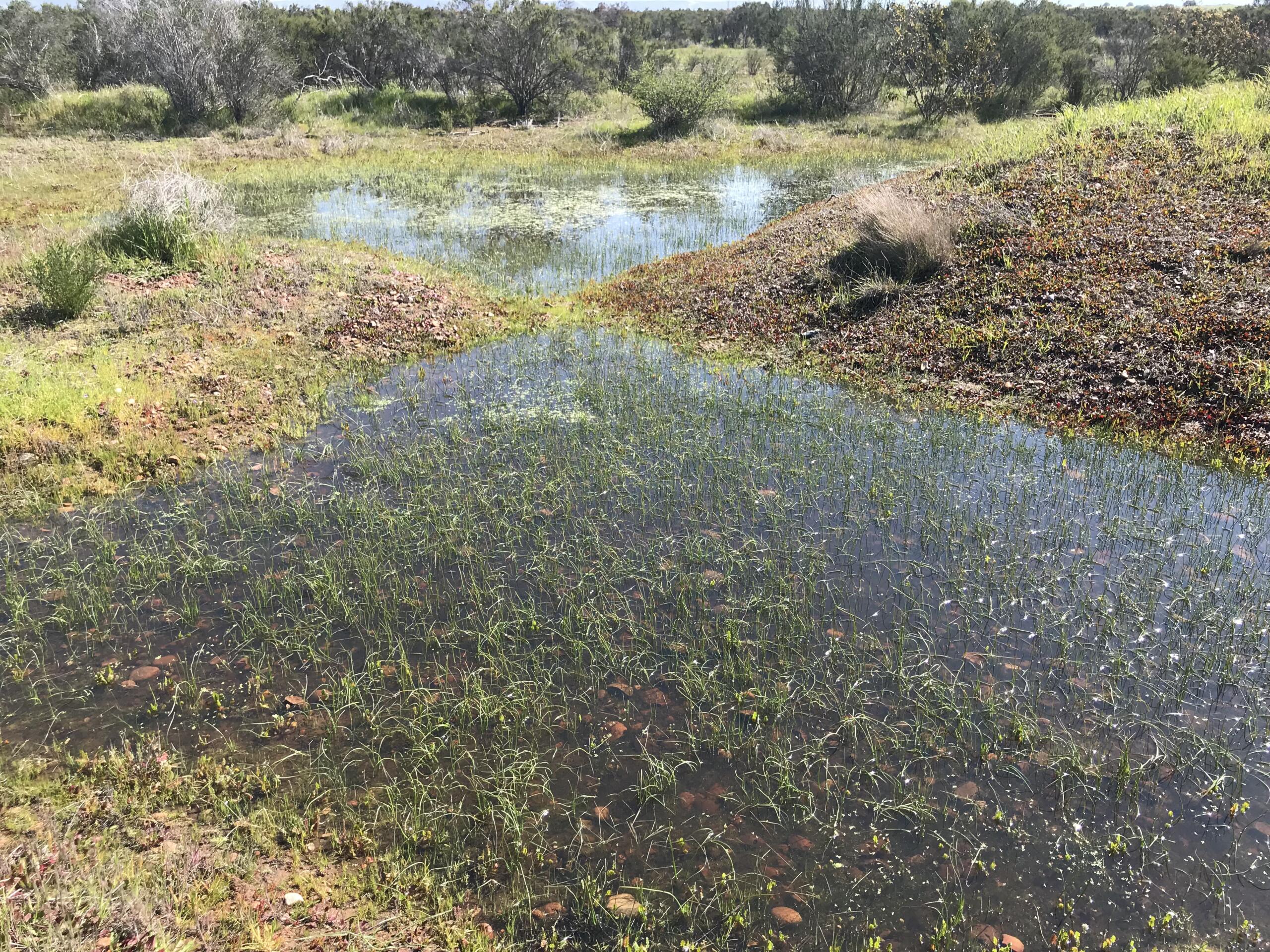
MARINE CORPS BASE CAMP PENDLETON, VERNAL POOL FLORISTIC INVENTORY
2008. San Diego, California
Chez Brungraber assisted the lead botanist for AECOM (Edaw) in performing a vernal pool floristic inventory on Camp Pendleton. Over 500 pools were surveyed across multiple base training areas in the spring of 2008.

